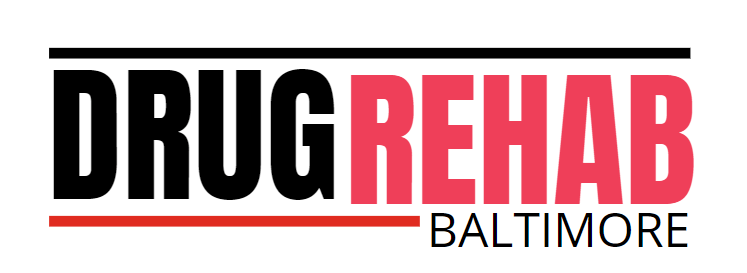Money Management During Drug Rehab
Money management can be a tricky business for early recovery people. Many people find it incredibly difficult to fix financial difficulties and can cause a drink or a drug compulsion. Cross-addictions such as gambling or compulsive shopping may be easily accessed with cash or credit. But since money is a must, it is a crucial life skill that cannot be overlooked to learn how to handle finances. To help you make a budget, save and invest responsibility, here are some tips for money management for people in recovery.

1. Using Direct Deposit & Auto Transfer To Profit
With your check directly deposited in your bank account, you can stop a cash tentation and spend it on the ground. You may also automatically make contributions to an individual savings account to ensure that a certain amount of money is spent every month. When I was freshly sober, one helpful thing was figuring out (approximately) how much money I spent alcohol per week and contributing this to my savings.
2. Do Not Use Credit Cards
Credit cards make living outside your capital all too easy. In early recovery it can be especially dangerous as the impulse to spend and be rewarded with immediate pleasure can be increased. If your credit card cannot be fully rid of (sometimes it can be useful in cases of emergency), leave your card at home in a cabinet rather than in your pocket. In exchange for a credit line, you can request a safe credit card which requires an insurance deposit. You can’t spend more money than you have in this way.
3. Download An Application For Budgeting
Besides helping you keep track of what you spend, budgeting applications can make money management less compelling for people in recovery by organizing and simplifying simple tasks. You can connect your accounts to access them all in one location, free apps such as PocketGuard, for example, and you can easily check your balance. It can also tell you how much expendable money you left for bills, food, and other necessities after setting aside.
4. Request Assistance
Managing capital, no matter if it’s sober, is a challenge for many. So, if your finances are to be kept on track, you’re not alone. Some professional financial planners will help you with budgeting, investing, debt reduction and more. It is also necessary to seek help for the financial problems of emotional turmoil. Open your doctor or express your thoughts at a support group meeting. You can be shocked to hear how many people have similar issues and can relate to your stress and anxiety feelings. They may also have their own valuable money management ideas for recovery in order to share.
Mastering Money Management Recovery Mastery Of Capital

While it is possible to monitor money management in recovery, the main thing is to bear in mind that you are not powerless. The stress caused by paying bills can trigger a recurrence. The use of stress-reduction techniques is significant. And, if the chips are on the table and anything else failed, it’s all right to get help.
LOCATIONS SERVED
Baltimore City, Baltimore County, Carroll County, Anne Arundel County, Cecil County, Harford County, Howard County, Queen Anne’s County
Phone
(667) 215-5549
info@drug-rehab-baltimore.com
Hours of Service Operations:
Monday - Friday: 7am - 10pm EST
Saturday: 8am - 10pm EST
Sunday: 7am - 9pm EST
